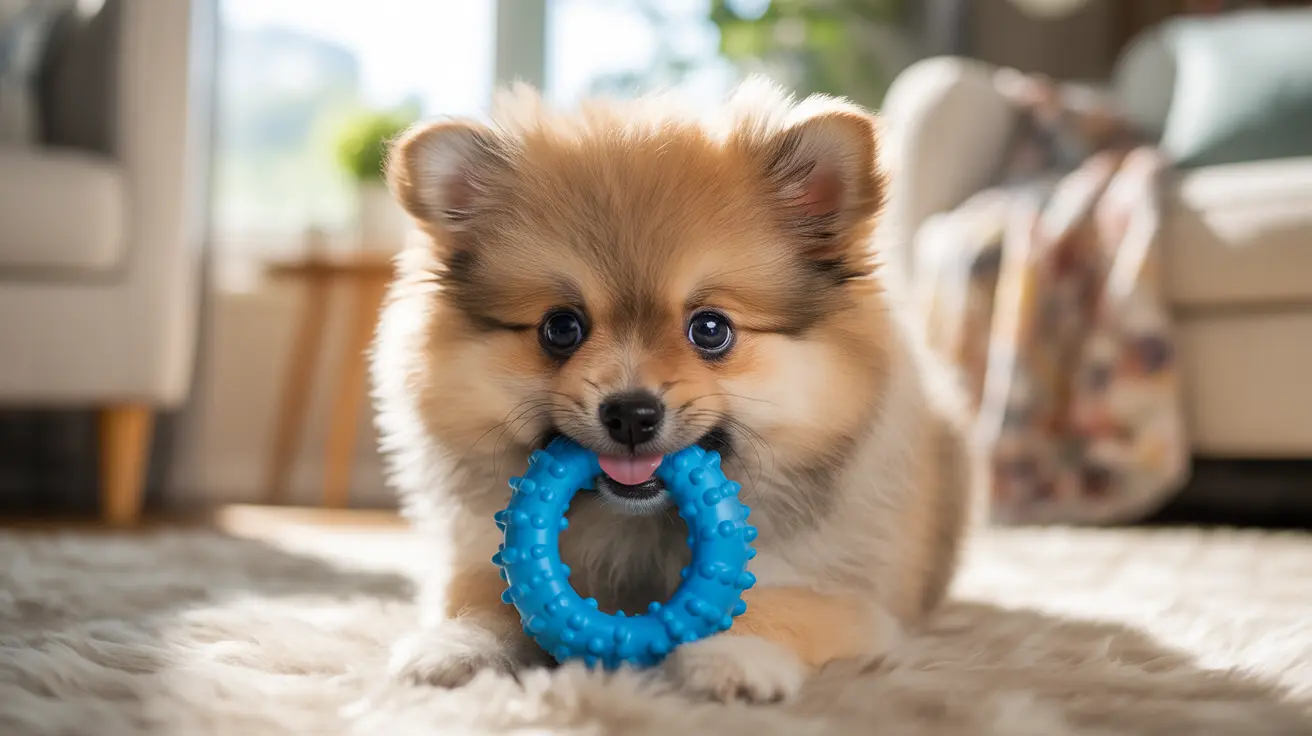If you've recently welcomed a puppy into your home, you've likely experienced those sharp little teeth in action. Puppy biting is an incredibly common behavior that can leave new pet parents wondering what's normal and how to manage it effectively. Understanding why puppies bite so much is the first step in addressing this natural but challenging behavior.
This comprehensive guide will explore the reasons behind puppy biting, how to manage it effectively, and when you might need professional help. We'll break down everything from natural developmental stages to practical training techniques that can help you navigate this important phase of your puppy's growth.
The Natural Instincts Behind Puppy Biting
Puppies are born with an instinctive need to use their mouths to explore their world. This behavior serves multiple crucial developmental purposes:
During their early weeks, puppies learn about their environment primarily through their mouths, much like human babies who put everything in their mouths. This oral exploration helps them understand texture, pressure, and the properties of different objects they encounter.
Additionally, biting plays a vital role in social development. Through play-biting with littermates, puppies learn crucial lessons about bite inhibition – the ability to control the force of their bite.
Teething and Physical Development
Between 12-16 weeks of age, puppies enter the teething phase, which significantly increases their urge to bite and chew. During this time:
- Baby teeth begin falling out
- Adult teeth start emerging
- Gums become sore and sensitive
- Chewing helps relieve discomfort
This physical transition can make puppies especially mouthy, as they seek relief from the discomfort of new teeth breaking through their gums.
Understanding Trigger Situations
Certain situations commonly trigger increased biting behavior in puppies:
- Excitement during play sessions
- Overtiredness or overstimulation
- Hunger or frustration
- Attention-seeking behavior
- Anxiety or stress
Recognizing these triggers can help you prevent and manage biting incidents more effectively.
Effective Management Strategies
Managing puppy biting requires a consistent, multi-faceted approach:
Provide Appropriate Chew Toys
Offer a variety of appropriate chewing options:
- Rubber toys designed for teething puppies
- Frozen chew toys for sore gums
- Interactive toys that provide mental stimulation
- Different textures to maintain interest
Implement Training Techniques
Use positive reinforcement methods to teach bite inhibition:
- Redirect biting to appropriate toys
- Practice gentle "time-outs" when biting occurs
- Reward calm, non-biting behavior
- Maintain consistent boundaries
When to Seek Professional Help
While most puppy biting is normal and temporary, certain situations warrant professional intervention:
- Biting that increases in intensity after 6 months of age
- Aggressive behavior accompanying the biting
- Biting that breaks skin or causes injury
- Signs of fear or anxiety-based biting
Frequently Asked Questions
Why do puppies bite so much during teething?
Puppies bite during teething to relieve the discomfort of new teeth emerging and old teeth falling out. This natural process, occurring between 12-16 weeks of age, causes gum soreness that puppies try to soothe through chewing and biting.
How can I teach my puppy to stop biting during play?
Consistently redirect biting to appropriate toys, use positive reinforcement for gentle play, and briefly stop play when biting occurs. This teaches your puppy that biting ends fun activities and helps them learn bite inhibition.
What are the best toys for puppies to chew on while teething?
The best toys include rubber teething toys, frozen chew toys, rope toys, and specially designed puppy teething toys. Look for various textures and sizes appropriate for your puppy's age and breed.
Why do puppies bite when they are tired or overexcited?
Puppies often bite when overtired or overexcited because they lack impulse control and haven't yet learned appropriate ways to manage their energy levels or communicate their needs.
At what age should biting behavior in puppies become a concern?
While puppy biting is normal up to 6 months of age, persistent biting beyond this point or any aggressive biting that causes injury should be addressed with a professional dog trainer or behaviorist.






